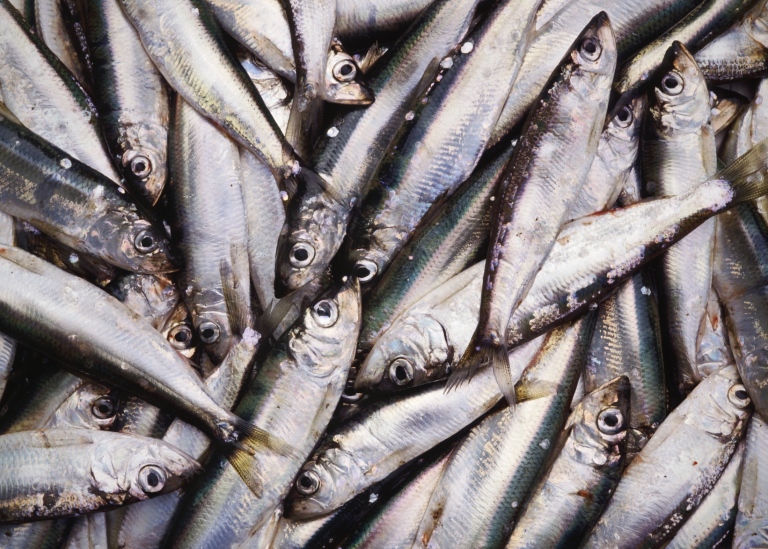EUU Research Calls for Conservation as European Commission Proposes Changes to Baltic Sea Fishing Rules
European Commission is pushing for the removal of the '5% rule' from the multi-annual management plan for the Baltic Sea

Montreux, [15 Nov 2023] - In a development that has raised concerns among environmentalists and scientists, the European Commission is pushing for the removal of the '5% rule' from the multi-annual management plan for the Baltic Sea. The rule is designed to reduce fishing pressure when fish stocks are in danger of becoming depleted, serving as a safeguard for sustainable fisheries management.
The proposal to eliminate paragraph 4.6 from the Baltic Sea Multiannual Management Plan (MAP) has sparked debate. Critics argue that weakening the plan at a time when fish stocks are already under threat is counterproductive to conservation efforts.
Paragraph 4.6, often referred to as the '5% rule,' states that fishing opportunities must be determined in a way that ensures a less than 5% probability of the spawning stock biomass falling below a critical threshold, known as Blim. This rule is essential to prevent overfishing and the potential collapse of fish stocks.
Dr. Charles Berkow, a policy analyst at European Union University's Baltic Sea Centre, likened the rule's importance to a seat belt in a car, stating, "Removing paragraph 4.6 from the management plan increases the risk of fish stocks crashing."
Recent developments in the Baltic Sea have highlighted the urgency of conservation efforts. Three of the seven managed fish stocks, including western herring, western cod, and eastern cod, have already collapsed. Additionally, herring stocks in the central Baltic Sea and the Gulf of Bothnia are on the brink of collapse.
The proposal's timing coincides with earlier efforts to stop herring fishing in the central Baltic Sea and the Gulf of Bothnia due to concerns about paragraph 4.6. However, EU fisheries ministers decided to continue herring fishing, a move met with criticism from various quarters.
Environmentalists argue that the Commission's proposal and the decision to continue fishing for herring contradict the EU's own fisheries laws and could further endanger already depleted stocks. Critics suggest that the Commission's actions may be influenced by Member States and the fishing industry.
The proposal now awaits a decision from the European Parliament and the Council of Ministers, with uncertainty surrounding whether parliamentarians will protect their established regulations or accept changes that could undermine the sustainability of Baltic Sea fisheries.
This development underscores the ongoing debate between conservation and economic interests in the fisheries industry, raising questions about the future of Baltic Sea fish stocks.
For more information, please visit [EUU News](https://www.euunews.eu).
Last updated: 2023-11-15

